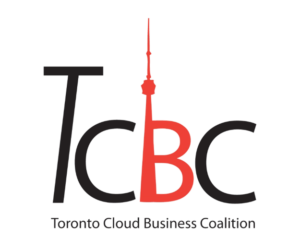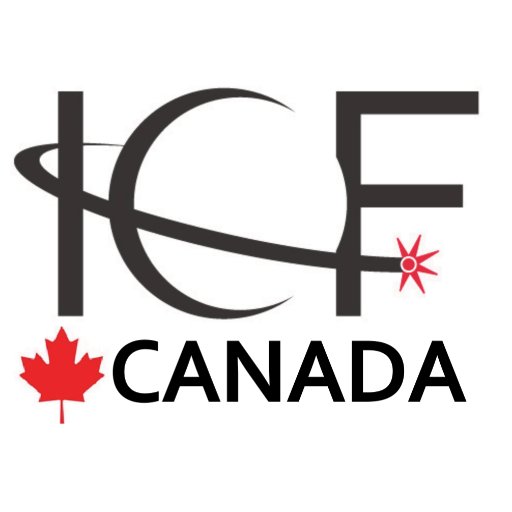
Building IoValue: Intelligence in Community Ecosystems
 The goal is to create Best Practice positions that will build awareness and education on the obstacles and opportunities that can be won through IoT, to share insight as widely as possible to drive efficiency, productivity and sustainability in urban/rural ecosystems, and to reflect and recognize Canadian expertise in this field. The crowdsourced approach to mustering, mediating and disseminating expert perspectives on technology deployment continues a process first developed by InsightaaS to create best practice guidance on cloud adoption and optimization. Established with a steering committee of 17 in April 2015, the Toronto Cloud Business Coalition connected thought leaders from key stakeholder constituencies in 10 working groups focused on member-defined subject areas. TCBC has now grown to a community of 100+, has finalized cloud best practice positions (through reports and the acclaimed book Building Cloud Value: A Best Practice Guide, 2016), and has launched 11 new working group topics for this year that dig more deeply into the financial benefits of cloud. Responding to interest and growing activity in adjacent technology areas, the TCBC also launched two new groups: the Internet of Things Coalition Canada (IoTCC) and the Canadian Analytics Business Coalition (CABC).
The goal is to create Best Practice positions that will build awareness and education on the obstacles and opportunities that can be won through IoT, to share insight as widely as possible to drive efficiency, productivity and sustainability in urban/rural ecosystems, and to reflect and recognize Canadian expertise in this field. The crowdsourced approach to mustering, mediating and disseminating expert perspectives on technology deployment continues a process first developed by InsightaaS to create best practice guidance on cloud adoption and optimization. Established with a steering committee of 17 in April 2015, the Toronto Cloud Business Coalition connected thought leaders from key stakeholder constituencies in 10 working groups focused on member-defined subject areas. TCBC has now grown to a community of 100+, has finalized cloud best practice positions (through reports and the acclaimed book Building Cloud Value: A Best Practice Guide, 2016), and has launched 11 new working group topics for this year that dig more deeply into the financial benefits of cloud. Responding to interest and growing activity in adjacent technology areas, the TCBC also launched two new groups: the Internet of Things Coalition Canada (IoTCC) and the Canadian Analytics Business Coalition (CABC).
In defining the 2016/2017 agenda, IoTCC members identified both horizontal and vertical perspectives: capability discussions on Building the IoT Stack, IoT Privacy and Security, and Ecosystem Development, and analysis of specific vertical segments, including Intelligent Industry, Intelligent Customer Experience, and Intelligence in Community Ecosystems. This sectoral focus is aimed at the creation of repeatable IoT solutions: community environments is an area where visioning has proved to be particularly fertile and use cases especially well developed. Think IoT, and images of smart traffic and parking management, smart transport, smart infrastructure (water, energy and buildings), and connected innovation accelerators are not far behind as urban and rural operators/public and private sector participants are now engaged in real projects aimed at increased productivity, resource conservation, sustainable development and new citizen services. If “Smart City” is an older concept with a long history in academic investigation, the fact of “Intelligence in Community Ecosystems” is being reinvigorated by new technology capabilities and insight that is unleashed through the increasingly pervasive instrumentation and connection of “things.” But while IoT is advancing in community pilots across the globe, the IoTCC believes that successful deployment here will depend on consideration of the unique challenge and opportunity associated with implementation in a Canadian context.
ICF members John Jung and Campbell Patterson have already contributed to development of “Intelligence in Community Ecosystems” thought leadership. As we shape guidance for the Canadian (and global) community, IoTCC is reaching out to ICF members to ask Canadian municipal leaders and other interested stakeholders from across the country to add their input and experience to the IoValue dialogue. Do you have IoT insight/guidance to share with your Canadian peers? For more information on working group process and outcome and your participation, email Mary Allen at mary.allen@insightaas.com
IoValue: Intelligence in Community Ecosystems
 Intelligent Community Ecosystems combine smart connectivity with information sharing across the public and private sector divide to unleash new potential in environmental standards, operational management, commercial innovation and the creation of new citizen services. The working group will address some or all of: identifying business value, creating the business case for IoT deployment, documenting service delivery requirements and opportunities, identifying sourcing strategy and process management, including metrics and milestones. Contributors obtain professional recognition as thought leaders through recognition on the cover of the final Best Practices report and in related document promotion.
Intelligent Community Ecosystems combine smart connectivity with information sharing across the public and private sector divide to unleash new potential in environmental standards, operational management, commercial innovation and the creation of new citizen services. The working group will address some or all of: identifying business value, creating the business case for IoT deployment, documenting service delivery requirements and opportunities, identifying sourcing strategy and process management, including metrics and milestones. Contributors obtain professional recognition as thought leaders through recognition on the cover of the final Best Practices report and in related document promotion.

